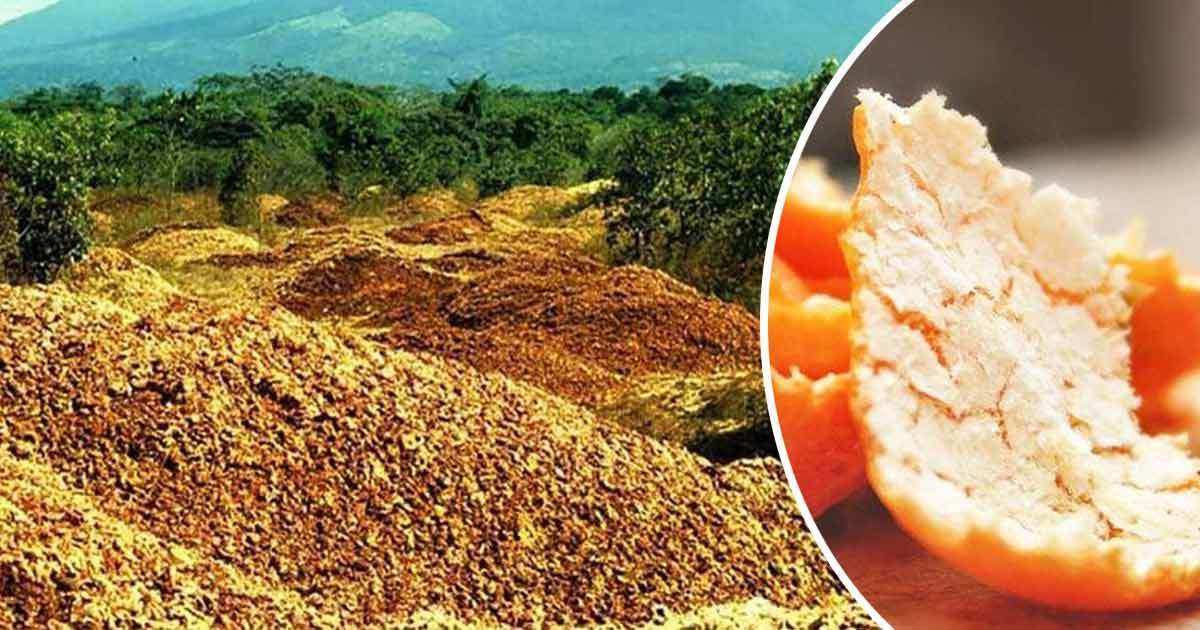

For decades, countries around the world have been burning their rainforests – mostly in South America, where large areas of land have been deforested to make space for industries like the palm oil industry.
But fortunately, there are still people who try to save the important ecosystems, like a couple from the United States who helped dump countless orange peels on deforested land in Costa Rica in the 1990s.
Now, more than 17 years later, the results are astonishing people all over the world.
In the 90s, ecologists couple Daniel Janzen and Winnie Hallwachs from the University of Pennsylvania were working on a deal with an orange juice company in Costa Rica. The couple asked the company to donate a part of their deforested land for a reserve and, in return, the company could dump all their orange peels there. It was a mutually beneficial offer, and the company agreed.


A year later, a rival sued the company to stop them from dumping their waste in nature. This competing company claimed that the peels were polluting the land.
By the time the company had to stop, they had already dumped thousands of trucks with a total of 12000 tons of peels on the deforested land. The experiment was then forgotten, and the land remained untouched for over a decade.
Before the experiment ended, the two American ecologists had placed a sign at the site. And when they returned 16 years later, they struggled to find that sign. They couldn’t find it anywhere, and they checked multiple times to ensure they were in the right place.


They were, of course, in the right place, but the landscape had completely transformed. Over the previous 16 years, the peels had decomposed and laid the groundwork for new life in the landscape.
The rainforest had been given a whole new life. Trees had grown big and strong, and different kinds of animals had returned to the area.


The ecologists’ discovery taught an important lesson: a fully deforested area can be brought back to life. This means that if more projects like this are carried out, climate change can be slowed down.
The Princeton University recently published a study on the project – and not long ago, Janzen and Hallwachs finally found the sign again. It was completely overgrown by plants that had emerged in 16 years.
Thanks to the orange peel, ecologists have discovered something remarkable – something that could change the future of our planet. Hopefully, it will inspire more people to carry out such projects.


What a miraculous discovery! Share this article if you found it amazing too.




